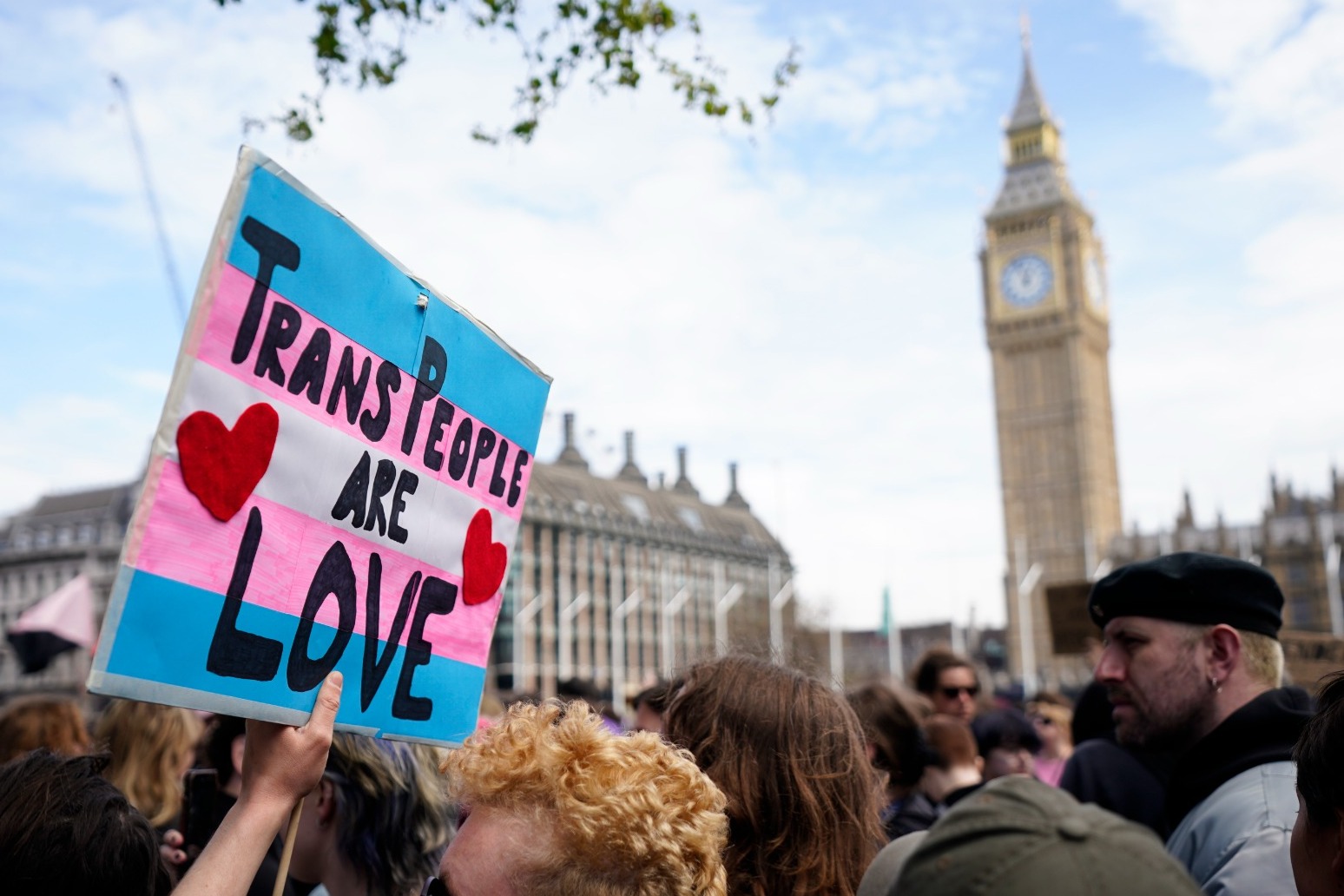
Staff at Lynn’s hospital will wear body cameras from next week in a bid to crack down on abusive behaviour.
Starting next Monday (October 2), security personnel at the Queen Elizabeth Hospital will make use of the cameras as part of a scheme which NHS bosses hope will reduce anti-social behaviour in the building.
Since January this year, there have been 163 reported incidents of such behaviour at the QEH – and it is said that any footage captured can be used to protect both staff and their patients.
The devices will not actively record by default, and instead will only be activated when the person wearing them decides they are in a situation where they would help.
Those wearing the cameras have been told to announce to everyone in their vicinity that their camera is being turned on before they begin recording.
These staff have been specially trained, and a hospital spokesperson said they will only record when they believe an individual is being, or is about to be, “violent or abusive”.
Paul Brooks, director of estates and facilities at the QEH, said: “We have implemented the use of body cameras following feedback from our staff.
“We hope these body cameras will make everyone at the trust feel safer – whether that’s our staff, patients, or visitors. Importantly they will not be recording all colleagues, patients and conversations unless you are told in advance.”
Paul Blaber, portering and security supervisor, added: “Starting to use body cameras protects me, as well as other members of staff, and of course patients and visitors when we are trying to help someone that may be acting aggressively.
“I know from experience that body cameras can de-escalate how an event can unfold and diffuses situations faster than if we weren’t using them.”










